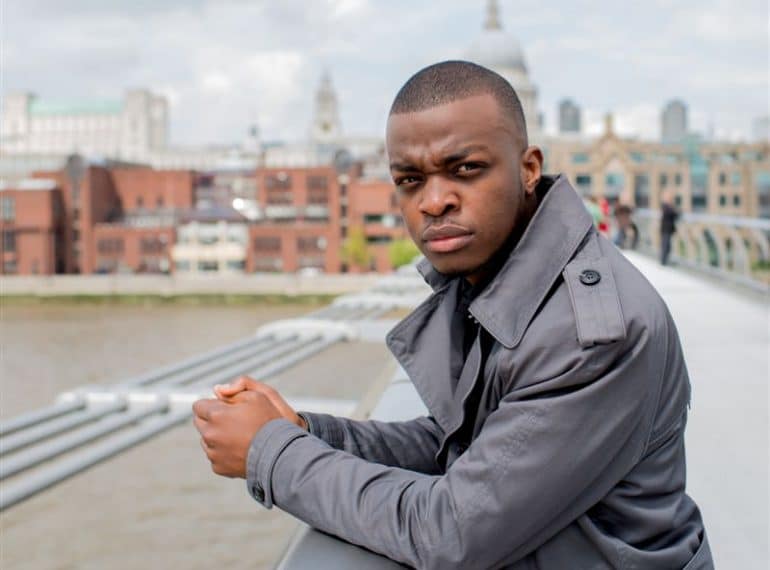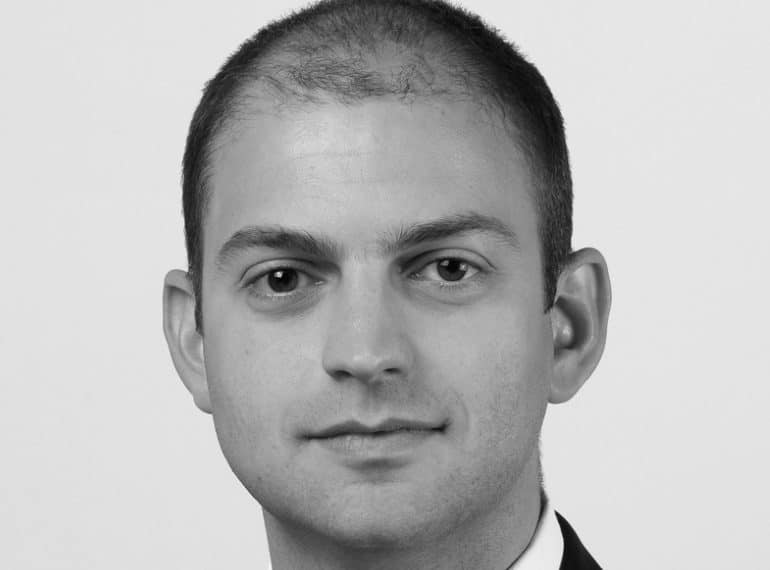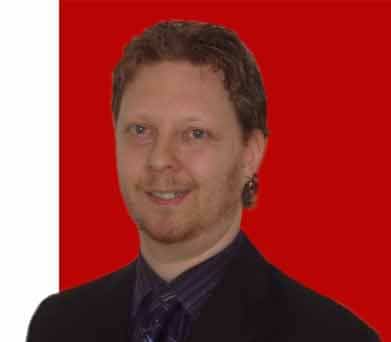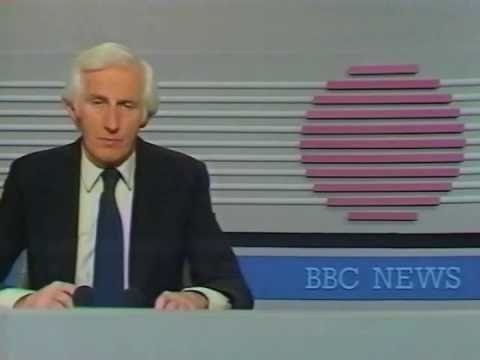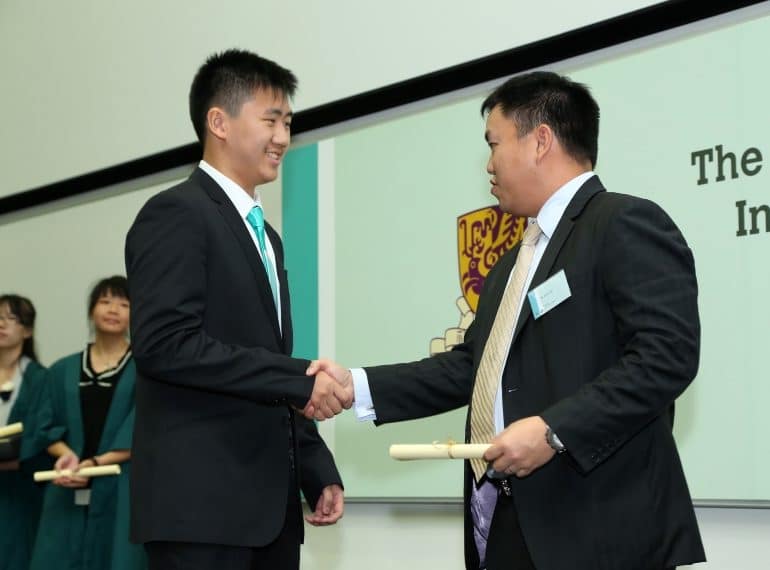
When Aaron Tang (2006-2012) was offered a place to read Law at the Chinese University of Hong Kong (CUHK) while he was still in Year 12, it presented him with a serious dilemma. Should he leave QE a year early to take up this prestigious offer, or stay in the Sixth Form and complete his A-levels?
After a term of study in Hong Kong he finds the course excellent, but says only time will tell if he has made the correct choice. Either way he acknowledges his debt to the School.
Aaron, who was a School Lieutenant in Year 12, ultimately wants to practice Law in Hong Kong, but is finding it quite strange as the majority of his friends and peers are applying to UK universities.
“The idea of going to CUHK was first presented to me when I was in Year 11 at QE, when I attended a seminar in London. The Law Faculty at CUHK was then only five years old and they were hoping to encourage more students from abroad to enrol,” says Aaron.
Aaron signed up for CUHK’s summer school at the end of Year 11 and was impressed by the campus, faculty building and collegiate system. In Year 12, he achieved grade A in all his AS subjects – English Literature, Maths, Economics and Politics – and could potentially have gained a place at a Russell Group university in the UK.
In addition to a tuition scholarship from his faculty, his college (Wu Yee Sun College) has also presented him with the Francis Wong Hok Bun Memorial Scholarship for Distinguished Freshman worth HK$20,000 (approximately £1,600).
“Many have asked why I chose CUHK. I’ve two main reasons: firstly, it’s rare for students to be offered a place a year early and, secondly, I was awarded a full tuition scholarship to read the subject of my choice. I hope these factors will help me stand out when applying for a training contract with an international law firm.”
Aaron, who would like to practice Law in Hong Kong, where his parents live, is hoping that during his time at CUHK, he will also be able to establish useful contacts in the city. He is impressed with the course, which is taught in English, and considers the best part to be when students are required to apply the law to fictional scenarios. “The lectures are extremely thorough and detailed, giving the students a very strong understanding of Law,” he added.
“Although only time will tell, I hope that my choice of coming to CUHK was the right one,” said Aaron. “It goes without saying, all this would not be possible without QE. It still feels quite strange to me to be a former student of the School.”

